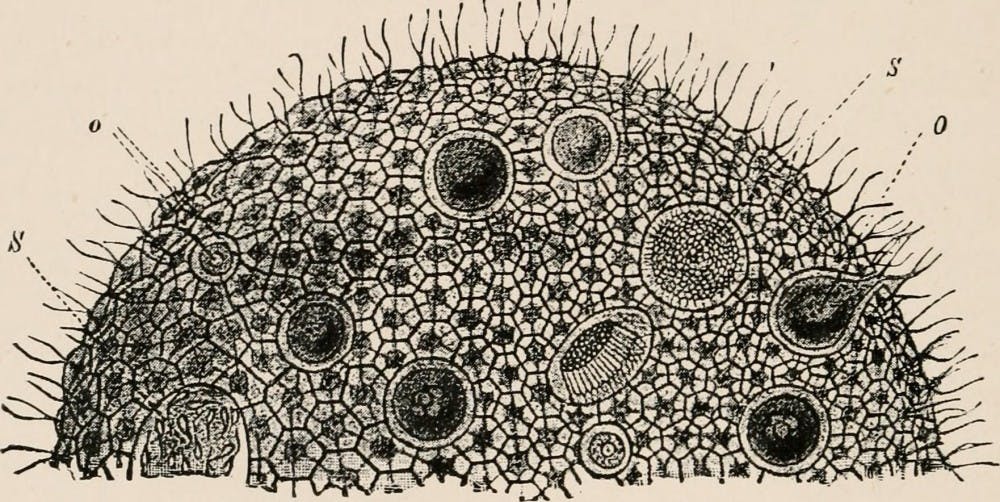While there are many traditional forms of contraceptives available to men — such as condoms, vasectomies, withdrawal and abstinence during ovulation — researchers are attempting to develop new forms of contraception that are similar to birth control pills available to women.
According to Dr. David Mellinger, a physician at Elson Student Health Center, withdrawal refers to retracting the penis from the vagina prior to ejaculation. However, this method can be disadvantageous, as men can release some fluid before ejaculation that may contain sperm. Withdrawal leaves approximately 22 percent of females pregnant over the course of one year.
Mellinger further discussed abstaining from intercourse with female partners during ovulation. This method is not very reliable, as women can have irregular menstrual cycles that cause difficulty in properly planning on when to have intercourse.
“If practicing this method in a typical fashion, within a one year period, up to 24 percent of females would become pregnant,” Mellinger said in an email to The Cavalier Daily.
Vasectomies are another type of contraception. This is a surgical procedure where the vas deferens — the conduit for sperm — is cut. While this surgery is now reversible, it is considered a more permanent solution. Mellinger approximated the rate of pregnancy with vasectomies is 0.15 percent over a one year period.
Condoms — which are the most commonly used form of male birth control — are barriers placed over the penis to prevent ejaculate from entering the vagina. Condoms are inexpensive and easily available but can reduce sexual pleasure for both partners.
“If practicing this method in a typical fashion, within a one year period, 18 percent of females would become pregnant,” Mellinger said.
Amongst the currently available forms of contraception for males, vasectomies have the highest rate of success. However, there are other complications associated with the surgery such as irreversibility and pain. Therefore, research is being conducted to find more effective and safer forms of contraception for males.
Researchers developing new contraceptives are focusing on creating barriers for sperm.
“There has been much interest in developing a male contraceptive, a so-called ‘male birth control pill,’ if you will, but as of today no pill or injection has made it to the commercial market,” Mellinger said.
Mellinger discussed the new forms of male contraceptives currently in the works involving chemically hindering the sperm from reaching an egg. One possible contraceptive involves the injection of a chemical into the vas deferens to block sperm from being released into the ejaculate.
In practice, this method is very similar to a vasectomy, however it is more easily and safely reversible. The gel that forms the impenetrable barrier for sperm from the testicles to the vas deferens can be easily dissolved using a baking soda solution. While this method had a 100 percent success rate in rhesus monkeys, it has yet to be tested in humans.
Mellinger said that this contraceptive has substantial promise, but the long-term effects of such a contraceptive need to be better understood as previous medical breakthroughs have resulted in complications.
“Silicon breast implants were once touted as a safe option for women but they have been banned from the U.S. market because of unanticipated complications that occurred when the silicon leaked out of the implant into the surrounding tissue,” Mellinger said.
Many factors come into play when choosing a contraceptive. Third-year College student Chris Samuel said that potential side effects are a major factor he evaluates when selecting the form of contraceptive.
“If there are no side effects and it doesn’t affect my performance then I don’t see why not [use this form of contraceptive],” Samuel said.
Second-year Engineering student Dor Friedman said the chemical vasectomy would most likely appeal to males in relationships in their 20s or 30s.
“This specific contraceptive seems like it has the benefit of still being able to have kids but farther along in the future,” Friedman said.
More research is necessary before these new contraceptives hit the market, but the male-equivalent of the pill is becoming a closer reality.





